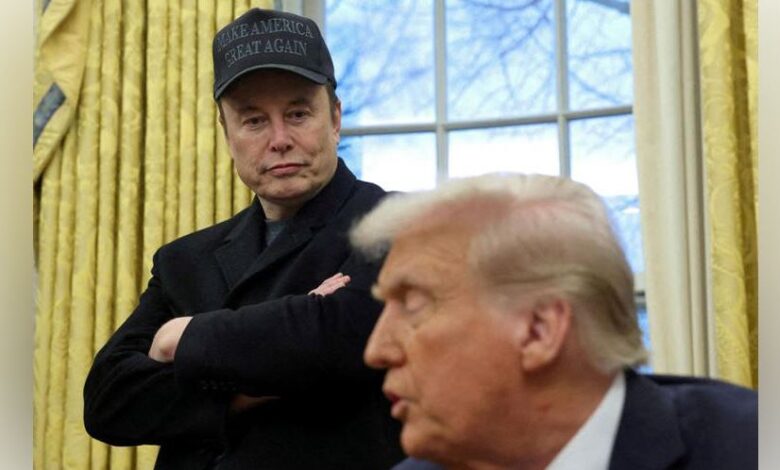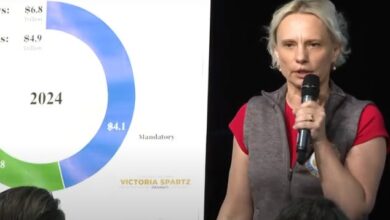Judge Declines Immediate Block on Musk-Led Government Efficiency Department Amid Legal Battle

A federal judge has declined to immediately block Elon Musk’s Department of Government Efficiency (DOGE) from directing federal worker firings or accessing agency databases, though she acknowledged serious concerns about Musk’s unchecked authority under the Trump administration.
Court Questions Musk’s Expansive Power
On Tuesday, U.S. District Judge Tanya Chutkan, based in Washington, denied a request from over a dozen states seeking an emergency restraining order against DOGE’s operations within federal agencies. However, she emphasized that the case raises legitimate constitutional concerns, particularly about Musk’s broad, unelected power over government restructuring.
Chutkan wrote:
“The states legitimately call into question what appears to be the unchecked authority of an unelected individual and an entity that was not created by Congress and over which it has no oversight.”
Despite these concerns, the judge ruled that the states failed to show an immediate legal justification for blocking DOGE’s actions.
State Lawsuit Challenges DOGE’s Authority
The lawsuit, filed by attorneys general from Arizona, New Mexico, and Michigan, along with several other states, sought to prevent DOGE from:
- Accessing federal databases at the Departments of Labor, Education, Health and Human Services, Energy, Transportation, Commerce, and the Office of Personnel Management.
- Firing federal employees as part of Musk and Trump’s government downsizing agenda.
The states argue that DOGE’s actions violate the Appointments Clause of the U.S. Constitution, which requires Senate confirmation for individuals wielding significant executive power. They also claim DOGE was never authorized by Congress, making its influence over federal agencies unconstitutional.
Arizona Attorney General Kris Mayes vowed to continue the fight, stating:
“We will continue to fight in court to protect the rights of all Arizonans from unconstitutional executive overreach.”
Ongoing Legal Battles Over DOGE
Musk’s sweeping reforms under DOGE have sparked legal challenges nationwide, with around 20 lawsuits filed against his authority. Courts have issued mixed rulings so far:
- In New York, U.S. District Judge Jeannette Vargas extended a block on DOGE, preventing Musk’s team from accessing Treasury systems handling trillions in federal payments.
- In Washington, U.S. District Judge Randolph Moss ruled in favor of DOGE, allowing Musk’s team to access federal student financial aid records.
- Other cases remain pending, leaving DOGE’s future operations uncertain.
What’s Next?
While Chutkan’s ruling does not prevent future legal action, it allows Musk and DOGE to continue their restructuring efforts for now. With more lawsuits in progress, the courts will ultimately decide whether DOGE can legally operate without congressional oversight.
As the Trump administration pushes ahead with its aggressive government overhaul, the battle over executive authority and constitutional limits is far from over.





